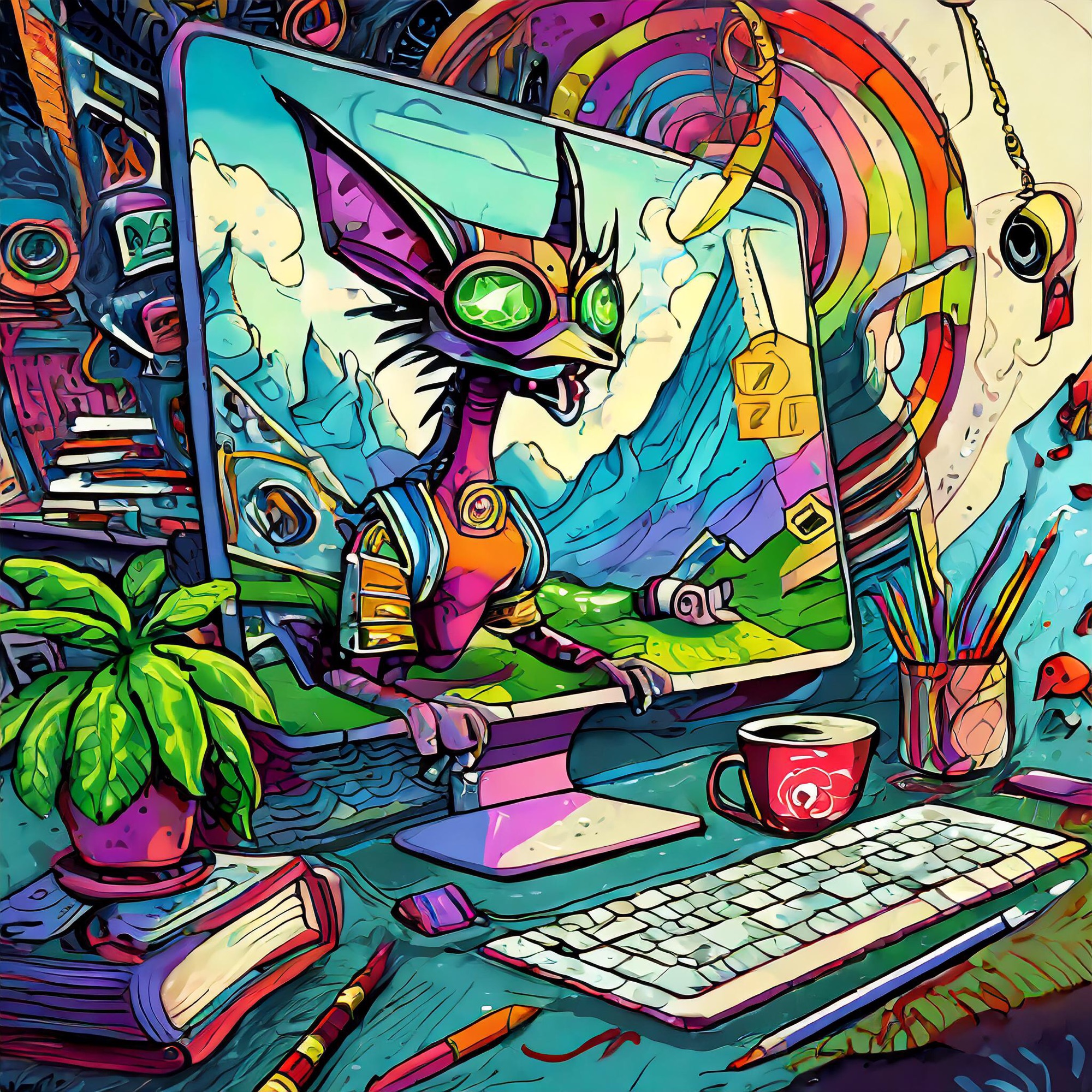
I have two predilections that sometimes work hand in hand, and other times butt up against each other. The first is apps, tools, technology, all the shiny things; the second is a deep belief in supporting independent creators, developers, inventors, and so on. You can see fairly clearly here where the tensions lie.
For a long time I’ve mainly indulged the former, while proselytising-but-not-really-acting-on the latter. I’ve done the best I can to try smaller, indie folx as much as possible, but the juggernaut of platform capitalism is a shrewd and insidious demon; one that is very, very difficult to exorcise.
This year has been a period of learning and attempting to reorient and re-prioritise. The first big move was this site, which I desperately wanted to take off WordPress’s hosting. Having found a pretty good hosting deal elsewhere, it was only a few weeks of mucking about to transfer everything over.
It’s ironic, in a way, that one of the first things I did after migrating the site was to install WordPress as a front-end system to keep everything running1. I did give less corporate-affiliated, more indie and ethical alternatives a look and a try, but it was either too tricky at the time to convert the existing archive, or they just weren’t particularly intuitive to me. As at the time of this writing, I’ve been working with the WordPress platform personally and professionally for well over a decade: it’s hard to pull up roots from that foundation.
A few weeks ago I was looking at my budget spreadsheet; I’m not necessarily pinching pennies or anything at the moment, but after spending most of my life not having any kind of financial system or oversight or instinct at all, this simple spreadsheet is nothing short of a miracle. I was tinkering with expense categories and absently flicked to app subscriptions, and was fairly shocked at the total I saw. This category includes pro/premium subscriptions for apps like Todoist and Fantastical, but also many others that I’ve accumulated, particularly in the last year or two as I’ve really built up my work and personal workflows and systems. Now this work is important, and as noted earlier I do love playing around with new apps, toys, and so on. But when you see an annual/monthly/fortnightly total like that where it’s not necessarily an ‘essential’ purchase, it can pull you up short.
When I was re-jigging my old Raspberry Pi earlier in the year (possibly worth re-visiting that in a future post), I was keen to try and set it up as its own little server, running a bunch of little apps that might serve as a private, personal organisation/admin hub. Self-hosting is an awesome idea in theory and principle, but in practice, without a fairly hefty amount of sysadmin knowledge, it can be tricky. But emboldened by the desire to save some cash, I waded back into that world once more; not necessarily to set up a private server, but at least to load up some self-hosted alternatives to the larger expenses.
I went in a little more prepared this time, doing some reading, watching a few videos, getting my head around things like package managers, Docker and its containers, Homebrew, and even basic command line usage. Some of the apps I tried were intriguing, some were intuitive and well-designed, others were a little more wireframe-like, but still generally performed their tasks pretty well. After trying maybe a dozen self-hosted apps, though, I’m still using only one, and in most of the other cases, I’ve retained my subscriptions to the apps I was using before.
As with WordPress, it’s hard to shift to something new. But it’s particularly hard when much of your ‘system’ has been chugging along effectively for several months, even years. My own system is far from perfect. Many of the parts of the system talk to each other, sometimes seamlessly via a widget or integration, other times via some kind of jerry-rigged or brute force solution. But many of the parts don’t interact. It’s clean and pleasing sometimes; other times it’s messy and frustrating. But after fumbling around in the dark for many years, trying all sorts of different methods, apps, systems, modes, on- and off-line configurations, it basically comes down to the satisfaction of having a system that I constructed myself that works for me. That satisfaction is what makes it hard to tweak the way things work at the moment.
Experiments are important, though, and through the various little adventures I’ve had this year—from tinkering with old PCs, Macs, and Pis, to starting to consolidate and catalogue my not-insignificant digital media collection, to trying out a few indie/self-hosted options—I’ve started to wade into a whole other ecosystem of hardware, software, workflows, philosophies, methods, and techniques. This feels like somewhere I can be curious, can learn, can experiment, can fail, can build and create, and find pathways to a system slightly less dependent on tech megaliths: something ethical, sustainable, adaptable, friendly, and fun.
- WordPress is both a corporation and a (supposedly) non-profit organisation. They’re usually differentiated via their URL suffixes, i.e. WP.com is the corp, WP.org is the nonprofit. WP.org offers their CMS tool open-source, so anyone can install on their web server regardless of host. That’s what I did for this site when I shifted. ↩︎

